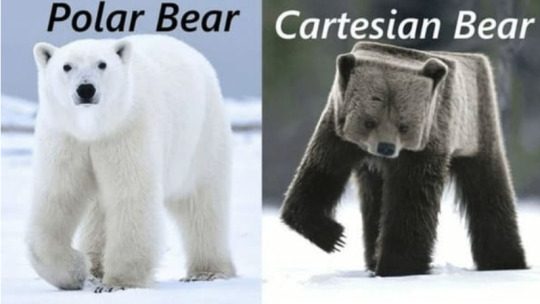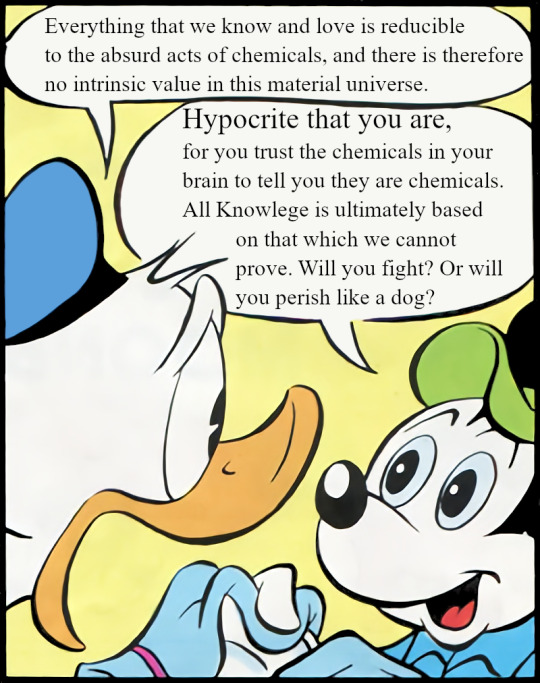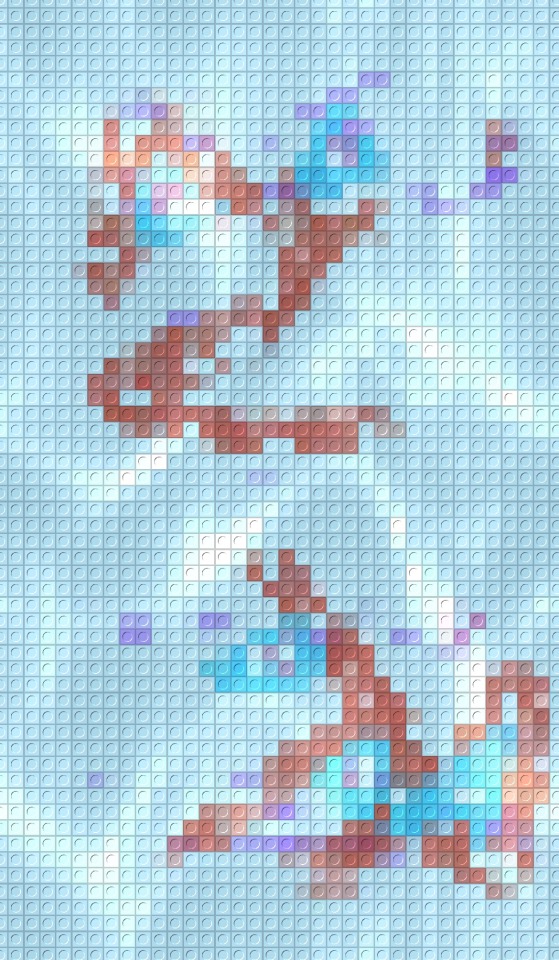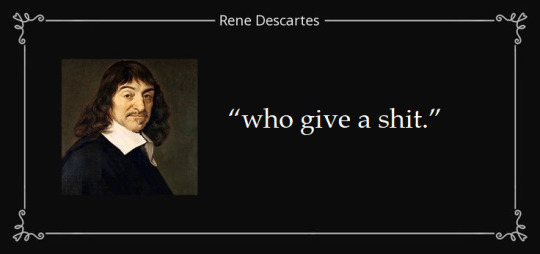#cartesian
Explore tagged Tumblr posts
Text

6 notes
·
View notes
Text

#materialism#cartesian#consciousness#knowledge#philosophy#spiritual#spirituality#materialist#quantum
2 notes
·
View notes
Text

Former United States, After Adding Multiple Space In Notes
#diagram#illustration#photo design#painting#photo design art#design#detachment#social distancing#fantasy maps#maps#cartesian#cartographer#the lost continent
0 notes
Text

2025-06-18 21:14
1 note
·
View note
Text
youtube
Venom 3D modules Creatively Morphing Between Signals
#synth#synthesizer#modular#vcvrack#vcv#venom3d#cartesian#crossfader#patching#software#omricohen#Youtube
0 notes
Text
Robot Market Global Share, Trend, Segmentation and Forecast to 2030
“ Robot Market Size, Trends, and Forecast Forecast Year - 2030” is the latest update in The Insight Partners portfolio. This market research report intends to offer details on the present market situation and include predictions for the future. This report aims to help businesses hunting for high returns on investment to unlock new revenue pockets in the forecast period.
By assisting businesses in determining the best product attributes, USPs, and marketing tactics, market research lowers risks. Companies may choose their place in the market by considering important factors like market share, market size, market revenue, and CAGR. The research's sector-specific coverage and analytical data are crafted following a thorough examination of target Robot market participants, industry experts, and demographic groupings.
Key companies in the Robot market are- . This report's competitive landscape section helps companies address their push and pull forces. Businesses need these insights to succeed and fill up any gaps in their operations. This research presented places where businesses might position their goods, delving further into the organic growth tactics used by major competitors in the industry.
COVID-19 Impact Analysis
For many firms, the current COVID-19 outbreak has been a roller coaster. A pressing issue was the disturbance of supply networks and downfalls in sales. The split of supply and demand was followed by a drop-in investment, which further lowered ROI expectations. This market study provides a thorough analysis of COVID-19's impact on the Robot market. Companies were obliged to become digital during the pandemic under COVID-19. Amidst the fast changes in business dynamics, several organizations adapted successfully, from ubiquitous digital channels to a squeeze in digital infrastructures.
Market Segmentation
Based on Aerospace & Defense this market is categorized further into-
Industrial (Articulated
Cartesian
Based on Healthcare this market is categorized further into-
North America
Europe
Asia Pacific
Middle East & Africa
South & Central America
Based on Regions:
North America (U.S., Canada, Mexico)
Europe (U.K., France, Germany, Spain, Italy, Central & Eastern Europe, CIS)
Asia Pacific (China, Japan, South Korea, ASEAN, India, Rest of Asia Pacific)
Latin America (Brazil, Rest of Latin America)
The Middle East and Africa (Turkey, GCC, Rest of the Middle East and Africa)
Rest of the World…
Components of Global Robot Market Research:
Market Overview- Our analysts will present their opinions based on industry research and valid facts.
Market Size, Share, CAGR, and Market Projections
Robot Market Segmentation- This section will run through key segments in this market
Comprehensive analysis of Sales, Demand, and Supply with Segment considerations
Regional growth mapping and statistics
Robot Market Analysis by Dominating Market Players
Comprehensive Discussion on Market Trends and Challenges
Value Chain Analysis, Business Environment Analysis
Strategic Recommendations for Business Growth
Strategic Recommendations;
Appendix and References;
How To Get The Business Right Through This Deal?
Know your competition and plan to outperform them
Know your customers and increase your CX
Know your products and revise them timely
We offer customization and consultation
About Us:
The Insight Partners is a one-stop industry research provider of actionable intelligence. We help our clients in getting solutions to their research requirements through our syndicated and consulting research services. We specialize in industries such as Semiconductor and Electronics, Aerospace and Defense, Automotive and Transportation, Biotechnology, Healthcare IT, Manufacturing and Construction, Medical Devices, Technology, Media and Telecommunications, Chemicals and Materials.
0 notes
Quote
Philosophical wisdom is the philosophizer's quite personal affair. It must arise as his wisdom, as his self-acquired knowledge tending toward universality, a knowledge for which he can answer from the beginning, and at each step, by virtue of his own absolute insights.
Edmund Husserl, Cartesian Meditations
67 notes
·
View notes
Text

30 notes
·
View notes
Text
It's a tongue-in-cheek echolalia to quote the "grab that toothbrush dattebayo" post but since installing Finch I have actually brushed my teeth consistently, every day, for something like 120 consecutive days, which would have been impossible to conceive of a few months ago, when my brain had convinced itself my body was a decaying corpse in which my consciousness was trapped, animating it by force of will as punishment (lol). Today I brushed my teeth by thinking about Daniel talking to Armand about vampire dental hygiene. Grab that toothbrush dattebayo
23 notes
·
View notes
Text
25 notes
·
View notes
Text
I'm trying to come up with the worst way to theoretically explain a concept and so far my best idea is to somehow bake it into one of those Tumblr hornyposts with the oft-reviled pink text.
#badposting#good girls know how to convert a polar equation to a cartesian one. Don't you want to be a good girl?
21 notes
·
View notes
Note
what about "who give a shit" - rene descartes. For your collection.

this is good thanku anon its goin in my descartes meme folder
9 notes
·
View notes
Text


socialmaya / Phil
Chalk“n“Cheese
#monty python#cartesian dualism#rene descartes#goth aesthetic#eric idle#michael palin#goth style#black#eye make up#the kids today!#hair spray
8 notes
·
View notes
Text
Still thinking about someone saying "this is why such and such group of ppl stay away from hetalia". Most ppl stay away from hetalia. Hetalia is one of thee peak cringe fandoms. I understand ur point but plz know there is no ethnicity and no nationality that doesnt think hetalia is a little fucking cringe at minimum. My dad likes that im back into hetalia bcs now my fandom activities coincide with talking to him about history and politics, not because he thinks the world war two yaoi bait south park anime is normcore.
#and some of yall have the kind of trauma where keeping up with the cartesians is actively harmful to u and thats respectable#love urself enough to play a gacha game instead
38 notes
·
View notes
Text
alright everyone back at it again. RB for reach if you wouldn’t mind (:
to clarify, this is about how you feel instinctually. i’ve done both too much and too little neuroscience reading to turn this into a scientific debate
#poll#neurodivergent#neurodiversity#autism#adhd#audhd#actually autistic#actually adhd#actually audhd#philosophy#introspection#cartesian dualism#neuroscience#psychology#mental health#mental illness#disabled#disability
42 notes
·
View notes
Text
youtube
Cartesian Sequencing with Cartesia in VCV Rack
0 notes